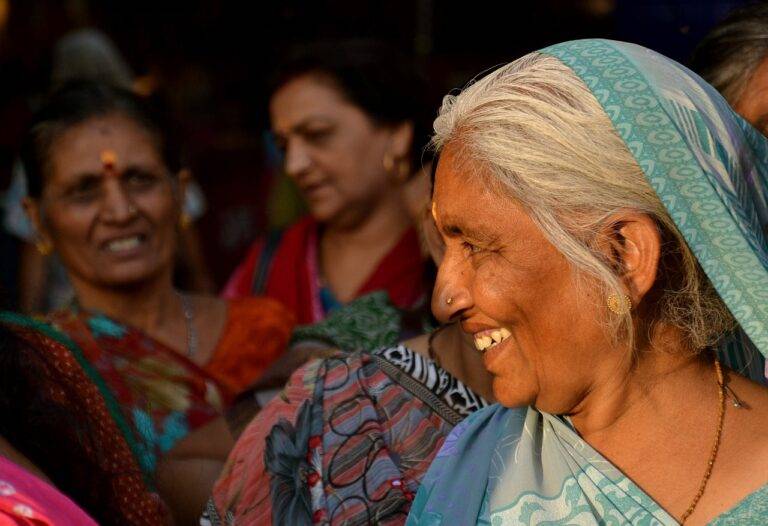Analyzing the Impact of Political Correctness on Election Discourse
Political correctness, often abbreviated as PC, is a term that refers to language or behavior that is intended to avoid offending or excluding particular groups of people. It is about using language and actions that are inclusive and considerate of diverse perspectives and identities. The concept of political correctness emerged as a way to promote social equality and prevent discrimination based on factors such as race, gender, sexual orientation, and disability.
While the intentions behind political correctness are rooted in promoting respect and inclusivity, the concept can be both praised and criticized. Some argue that political correctness stifles free speech and limits freedom of expression, while others believe it is necessary to create a more tolerant and accepting society. The discourse surrounding political correctness continues to evolve as societal values and norms shift, leading to ongoing debates about the boundaries and implications of using politically correct language and behavior.
The Evolution of Political Correctness in Election Discourse
In recent years, political correctness has significantly impacted election discourse. It has become increasingly important for politicians to carefully choose their words and avoid language that may be deemed offensive or discriminatory. This shift towards more inclusive and sensitive communication reflects the changing attitudes and values of society. Candidates now face greater scrutiny for any remarks that could be perceived as disrespectful or alienating to certain groups.
The rise of social media and instant communication has also played a role in shaping the evolution of political correctness in election discourse. Politicians must now navigate a digital landscape where every statement is subject to immediate public scrutiny and backlash. In this heightened environment, even the slightest misstep in language or tone can have serious consequences for a candidate’s reputation and electoral prospects. As a result, there is a growing emphasis on using language that is respectful, inclusive, and mindful of the diverse perspectives and experiences of voters.
Key Players in Shaping Political Correctness in Elections
In the arena of election discourse and the realm of political correctness, key players hold significant influence over the shaping of language and communication strategies. Politicians themselves are primary actors in this domain, as their words and actions set the tone for acceptable speech within the political landscape. How they choose to articulate their messages and engage in dialogue can impact the overall level of political correctness in elections.
Media outlets also play a crucial role in shaping political correctness during elections. The way in which they report on candidates, parties, and issues can either reinforce or challenge prevailing norms of speech and behavior. Through their coverage and commentary, media organizations have the power to shape public perceptions and expectations surrounding what is deemed suitable or inappropriate in political discourse.
What is the definition of Political Correctness?
Political Correctness refers to the avoidance of language or actions that could be seen as excluding, marginalizing, or insulting groups of people based on race, gender, sexuality, religion, or other characteristics.
How has Political Correctness evolved in election discourse?
Political Correctness in election discourse has evolved to include a greater focus on inclusivity, diversity, and sensitivity towards marginalized groups. Candidates are now expected to be mindful of their language and rhetoric to avoid offending or alienating voters.
Who are the key players in shaping Political Correctness in elections?
Key players in shaping Political Correctness in elections include political candidates, party leaders, media outlets, and advocacy groups. These individuals and organizations influence the tone and messaging of electoral campaigns to promote a more inclusive and respectful political discourse.







